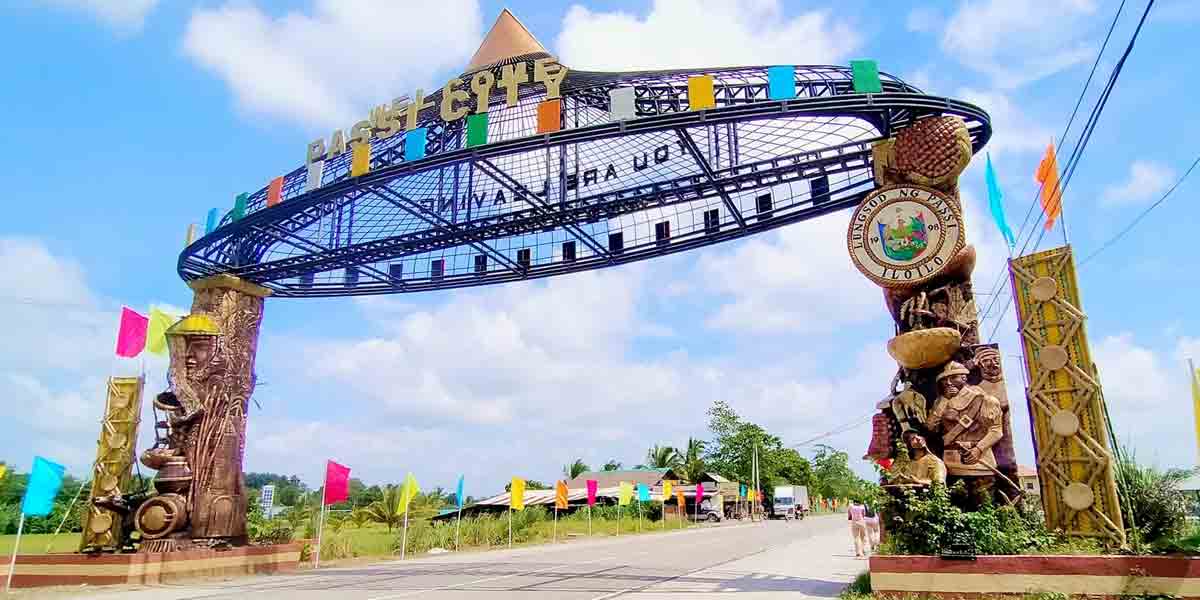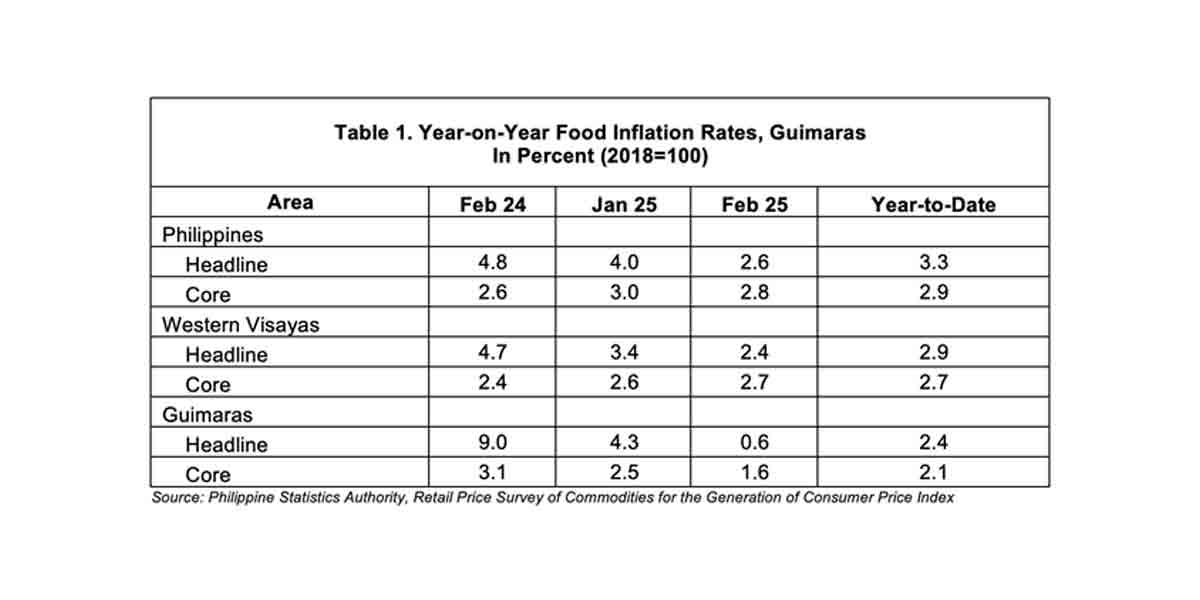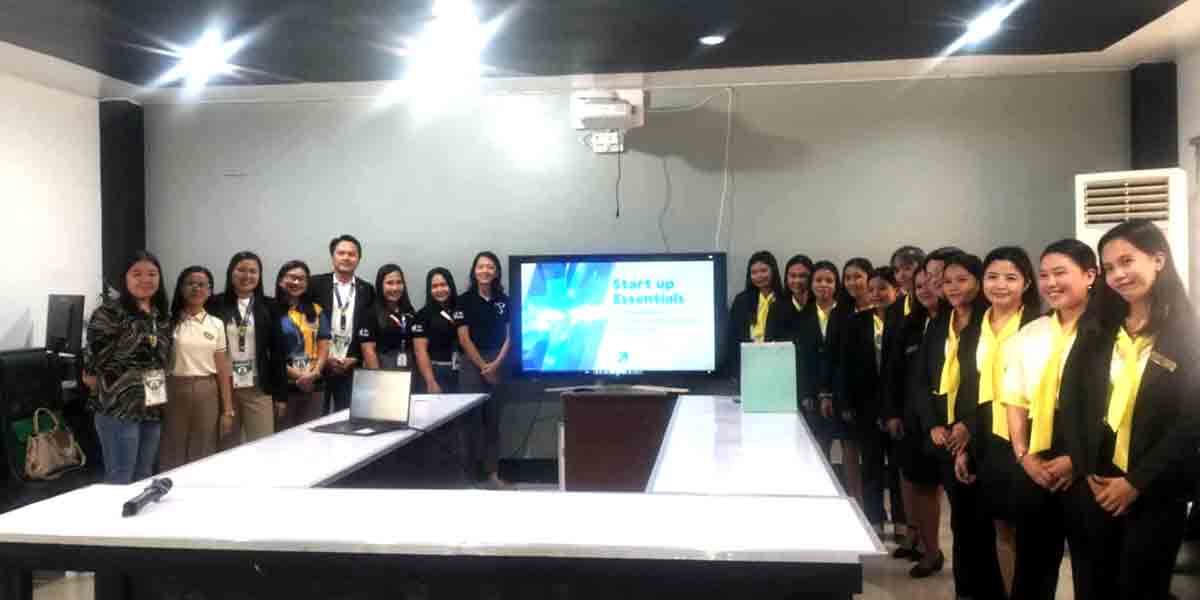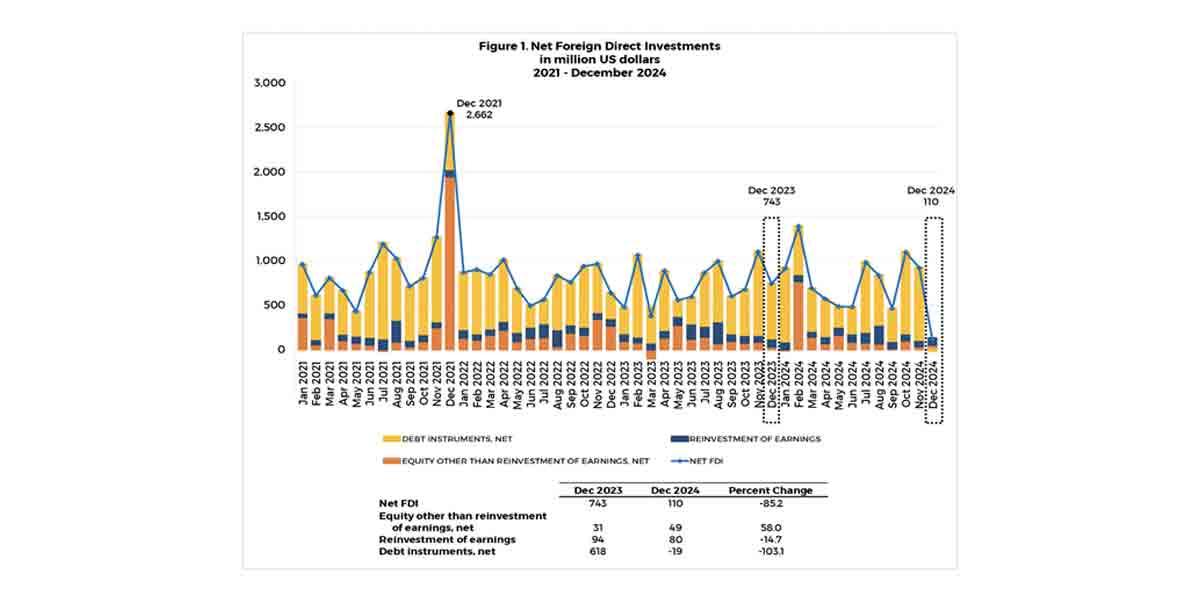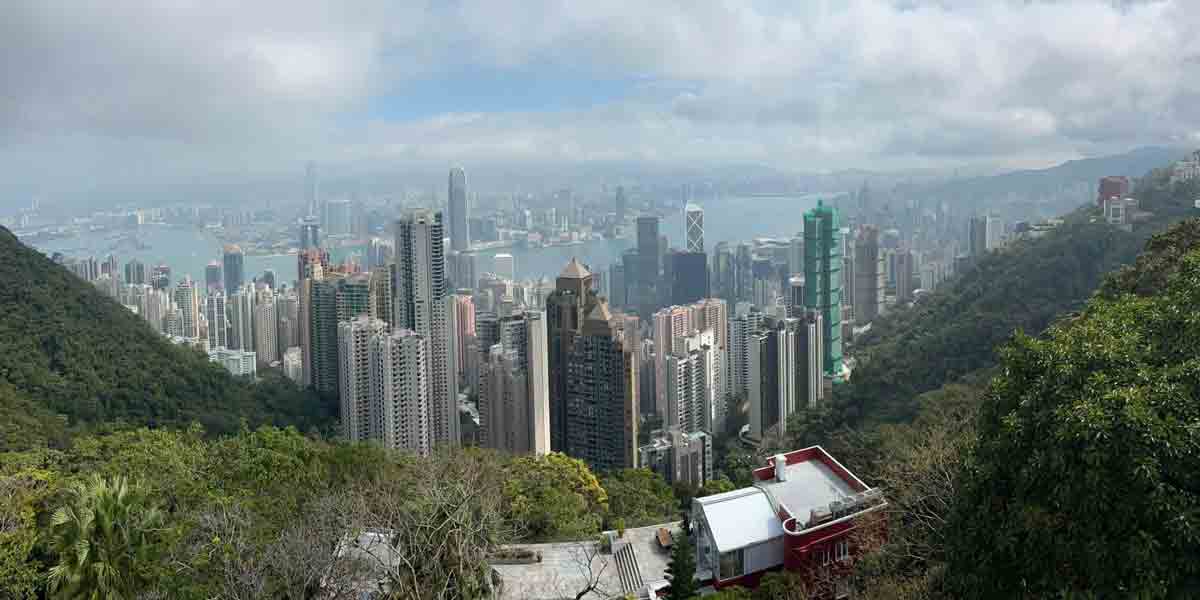In a significant step toward accelerating the Philippines’ digital transformation, the National Economic and Development Authority (NEDA) Board has approved a flagship infrastructure project aimed at enhancing broadband connectivity across the country, particularly in remote areas, and bolstering cybersecurity.
During its 18th meeting at Malacañang on Tuesday (June 25), the NEDA Board greenlighted the Philippine Digital Infrastructure Project (PDIP) and approved adjustments to nine other ongoing projects.
The PDIP, with a budget of PhP16.1 billion financed through Official Development Assistance from the World Bank, is set to improve the country’s broadband connectivity. It aims to bring high-speed internet to underserved areas, augment digital infrastructure to bridge the digital divide, stimulate private sector investments, and enhance cybersecurity and critical information infrastructure.
The project, anchored on the National Broadband Program—a flagship initiative of the Department of Information and Communications Technology (DICT)—involves constructing a public broadband infrastructure network. This network comprises five major components: backbone network, middle-mile network, access network (last-mile), network security, and project management support.
NEDA Secretary Arsenio M. Balisacan, who also serves as the NEDA Board Vice Chairperson, highlighted the transformative potential of the project.
“Broadband services have already opened up numerous opportunities for Filipinos, from work-from-home arrangements to digital access to critical public and private services, including the latest technological tools such as artificial intelligence. This project will enable us to connect more Filipinos to markets and networks, spurring economic development,” Balisacan said.
In addition to the PDIP, the NEDA Board, chaired by President Ferdinand R. Marcos Jr., approved adjustments to various parameters of nine ongoing infrastructure projects. These adjustments pertain to project scope, cost, and extension of the implementation period and loan validity.
The projects include:
- Local Governance Reform Project
- Infrastructure Preparation and Innovation Facility
- New Cebu International Container Port Project
- Light Rail Transit Line 1 South Extension Project
- Malolos-Clark Railway Project, Tranche 1
- Metro Manila Flood Management Project, Phase 1
- Reconstruction and Development Plan for a Greater Marawi, Stage 2
- Improving Growth Corridors in Mindanao Road Sector Project
- Panguil Bay Bridge Project
“The adjustments to these ongoing infrastructure projects were necessary to ensure their successful completion, advancing our national efforts to expand and upgrade our infrastructure, improve connectivity, and create more jobs,” Balisacan concluded.

